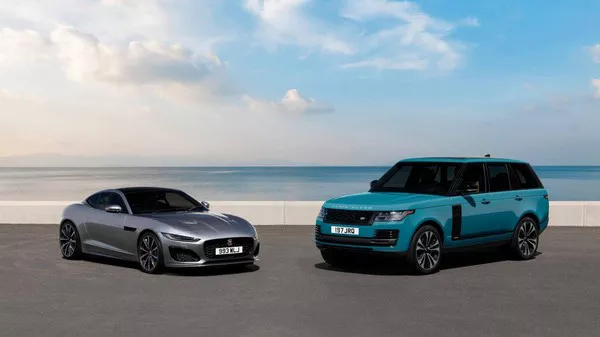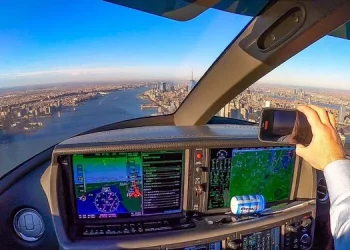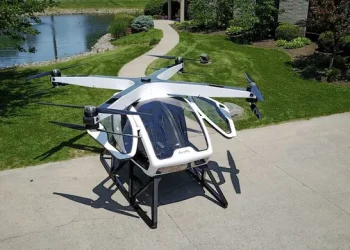After Tesla unveiled its “fully autonomous” AutOPIlot 2.0 system last year, automakers were unified in sending a message that the era of self-driving cars was upon us.
Maybe we’re in the future right now?
So when autonomous driving finally becomes the norm, will the traditional car brands still be popular with consumers?
Recently, the UK’s largest automobile trading platform Auto Trader survey of 5500 British motorists, counted their ideas for future purchases, finally surprised to find that most people will choose traditional automobile manufacturers such as ford, audi, tesla, and the launch of apple, amazon and Google and other Internet brand cars, has few takers.
Only one Internet brand, Google, scraped into second place among the top 10 most popular brands, while the rest were made up of traditional carmakers.
Owners were also asked why they liked the manufacturer of an autonomous vehicle, with options including trust in the brand, brand image, past positive driving experience, perceived technology, safety technology and economic suitability.
Ford relied on the good driving experience of its cars to take the top spot.
Audi took the No. 2 spot thanks to consumers’ trust in luxury brands.
Tesla came in third, as drivers rated its perceived technology at 92%.
Only Apple scored the highest on this factor at 97%, but it ranked 11th overall.
Uber and Amazon were lower on the list.
While self-driving technology is near the top of the list, public acceptance of it is also growing.
But only 20% of those surveyed said they would buy a self-driving car in the next few years.
It can be seen that the fear of autonomous driving still exists in the minds of most people.
Not only the British, but also the cosmopolitan Americans.
Three out of four Americans are afraid to ride in a self-driving car, and only one in 10 feel safer sharing the road with one, the American Automobile Association (AAA) said in a recent report.
Another 59 percent would like to see autonomous driving technology in their cars.
“The race to autonomy is on,” said Greg Brannon, AAA’s director of automotive engineering and industry relations. “A lot of companies are trying to get self-driving cars on the road.
While American drivers are eager to buy cars with automata driving technology, they are still concerned about the safety of fully autonomous vehicles.”
Not long ago, the California Department of Motor Vehicles proposed that truly autonomous cars without human drivers would be tested on public roads.
Such testing could begin by the end of 2017, and if the U.S. government permits the car could be delivered to customers as early as 2018.
Proponents of self-driving cars argue that they will be safer than human-driven cars in the future because they will be free of distracted, tired or drunk driving.












































